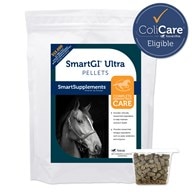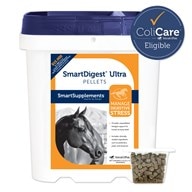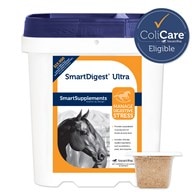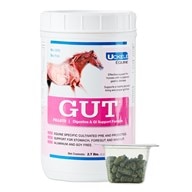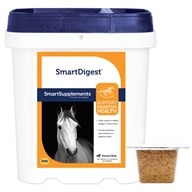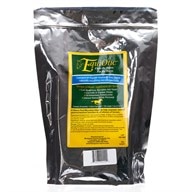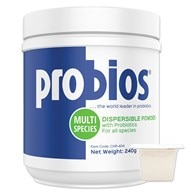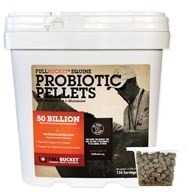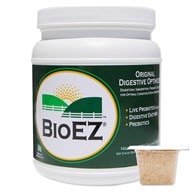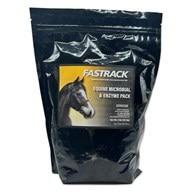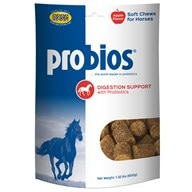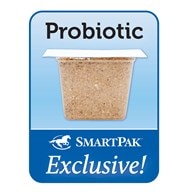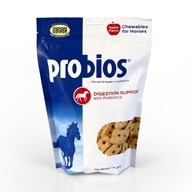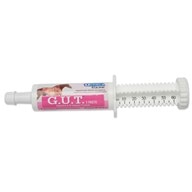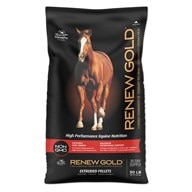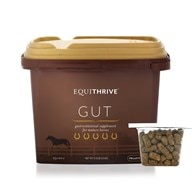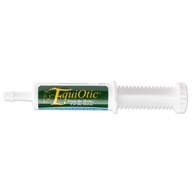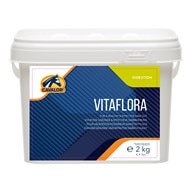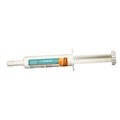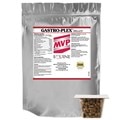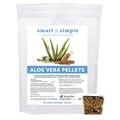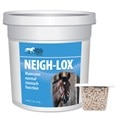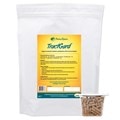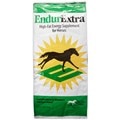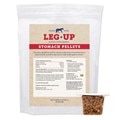Probiotics for Horses
Probiotics are live microorganisms, including beneficial bacteria and yeast, that play a vital role in your horse's digestive health. Supporting your horse with a probiotic supplement (with prebiotics to nourish the organisms) is a smart way to help ensure they have what they need to maintain a healthy gut microbiome.
-
$105.95 - $225.21
-
$51.95 - $208.37
-
$46.95 - $188.37
-
$27.95 - $226.26
-
$21.95 - $251.53
-
$57.95 - $61.00
-
$16.25 - $63.11
-
$78.95 - $342.05
-
$16.95 - $57.84
-
$25.95 - $63.11
-
$17.95 - $18.89
-
$25.95 - $32.44
-
$17.95 - $18.89
-
$14.95 - $15.74
-
$59.95 - $63.11
-
$84.95 - $89.42
-
$27.95 - $29.42
-
$99.98 - $105.25
- 10% off all Smartpak brand tack, apparel, blankets, and more
- Free shipping every day
- Exclusive sales & discounts delivered straight to your inbox
Probiotics to Support Digestive Health and Well-Being
The World Health Organization defines probiotics as "live microorganisms that, when administered orally at adequate concentrations, provide a beneficial effect beyond that of their nutritional value." In horses, probiotics help maintain gastrointestinal balance, especially during times of stress, illness, or dietary transitions. Commonly used strains like Lactobacillus, Enterococcus, Bifidobacterium, the fungi Aspergillus, and the yeast Saccharomyces aid in breaking down food, producing energy, and even synthesizing vitamins.
The Role of Prebiotics
Probiotics (“good bugs”) often work best when paired with prebiotics (food for the “good bugs”). Prebiotics are non-digestible fibers that feed the beneficial bacteria and help maintain a healthy microbial balance in your horse’s hindgut.
Serving Size
For effective results, an equine probiotic supplement should contain billions of Colony Forming Units per gram (CFUs/g). Quality products will list the genus and species (for example, Lactobacillus acidophilus), along with a guarantee of live bacteria count and a "Best By" date to ensure potency.
Source and Bioavailability
There is debate over whether bacterial strains isolated from the intended species (the horse in this case) are better than strains that do not originate from the target host. At this time, it appears it is more important that probiotics be selected for their ability to hold up to the rigors of commercial production and still provide a health benefit to the horse.
Safety and Side Effects
Probiotics are generally safe for horses. According to a scientific paper by A. Schoster published in the Journal of Veterinary Medicine, there are no published reports of gastrointestinal issues in horses given probiotics. Although several studies demonstrate the safe use of probiotics in foals, there are also reports of adverse GI effects, so it may be best to consult with a veterinarian before offering direct-fed microorganisms to very young horses.
